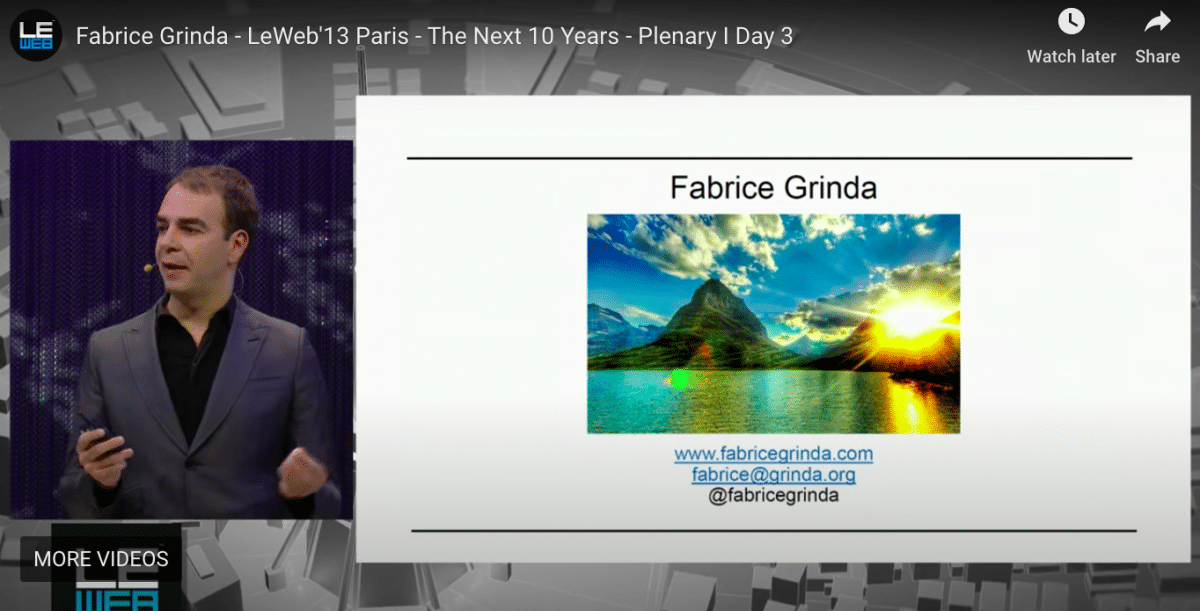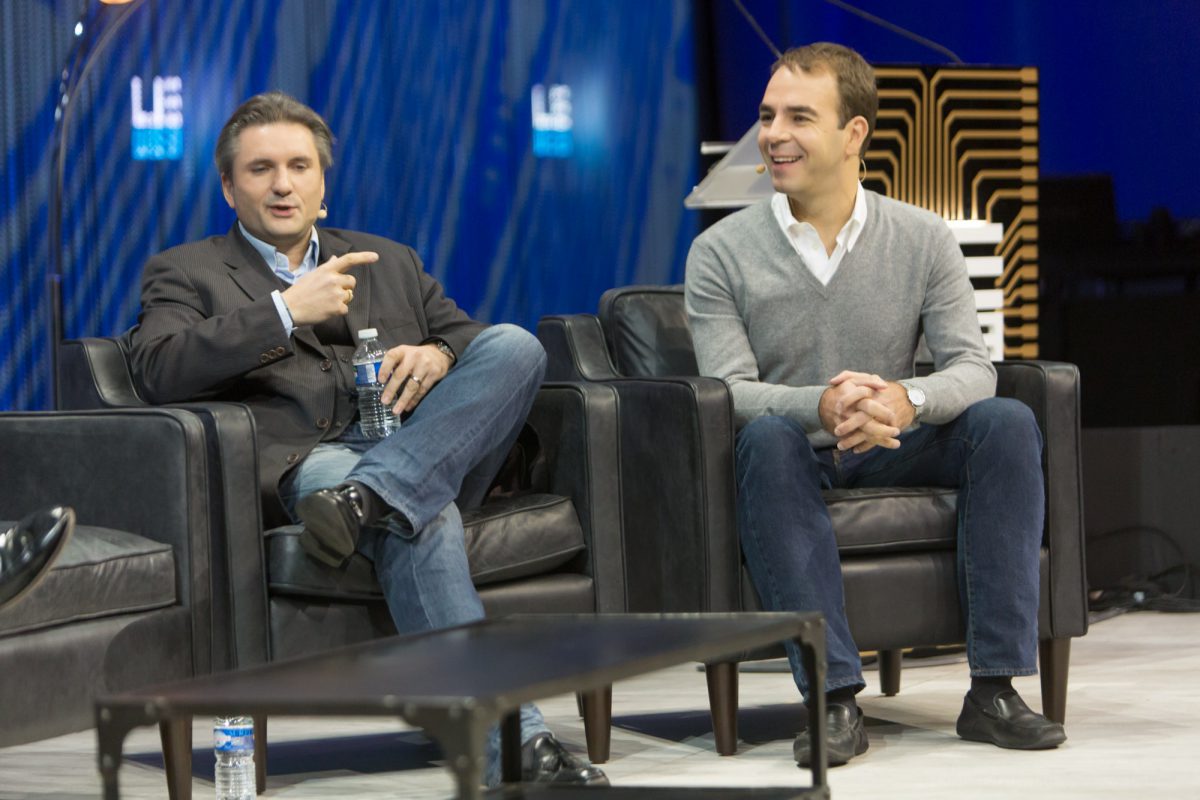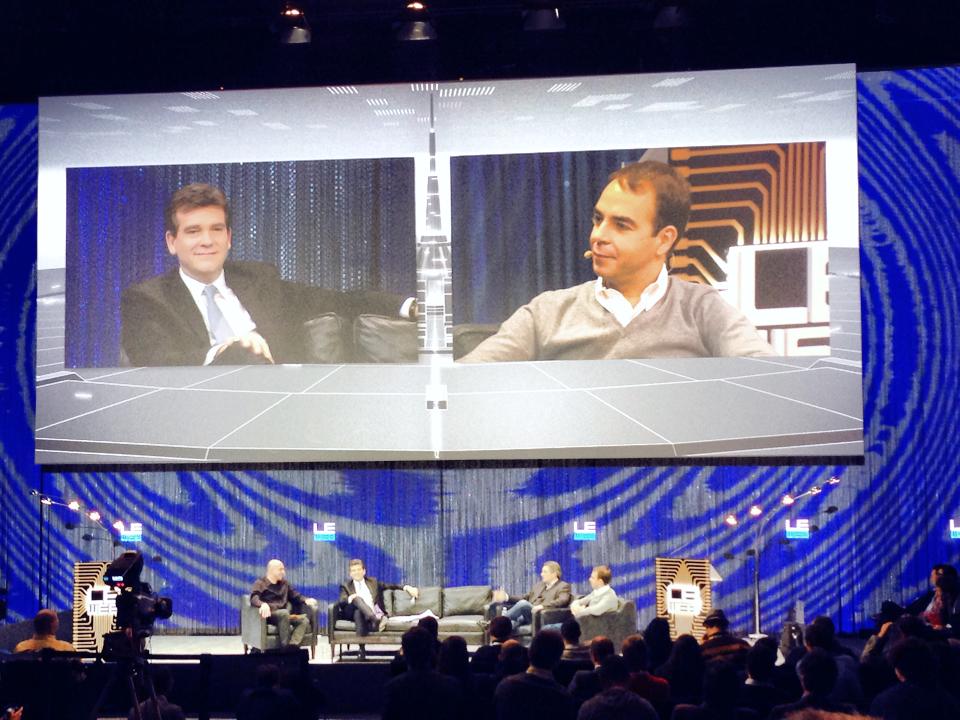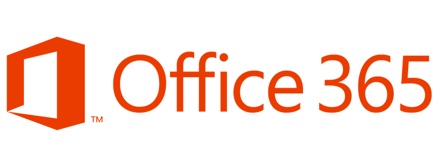We live in difficult times. Financial crisis, sovereign debt crisis, euro crisis, Syrian conflict, global warming. We are bombarded nonstop with despairing news. In Europe, the mood is morose and the prospects seem dire. The general consensus is that things are going to be bad, the only conversation is around how bad things will get.
Well, I have good news for you for the consensus is dead wrong! We are in fact facing a wonderful future and I want to explain to you why. Let me take you back in time to the late 1970s for they seemed to mark the beginning of the end of Western Civilization. OECD countries were suffering from stagflation with inflation and unemployment above 10%. We had suffered from 2 oil shocks. The US had lost Vietnam. The Shah had fallen in Iran. The Soviet Union had invaded Afghanistan. Dictatorships were the norm in Eastern Europe, South East Asia, Latin America and even Southern Europe. The Club of Rome had made dire predictions that the world would run out of oil, coal and many natural resources within 40 years.
No one predicted that over the next 40 years there would be democracies across Latin America, Eastern Europe and Southern Europe; that inflation and unemployment would fall dramatically; that we would see the greatest creation of wealth in the history of humanity as 1 billion people came out of poverty. 650 million came out of poverty in China alone, completely changing urban landscapes across the country as a whole. Despite 40 years of record consumption of oil and natural gas we now have more reserves than we did then. The way we work and live has been profoundly transformed by computers, the Internet and mobile phones.
If we take a further step back, we can see that over the last 100 years economic downturns, be they recessions that occur every few years or bigger crisis such as the great depression, as painful as they are while we live them, barely register in a background of unabated economic growth. In fact over the last 100 years human lifespans have doubled from 40 to 80, average per capita income has tripled and childhood mortality has divided by 10. The cost of food, electricity, transportation and communications have dropped 10 to a 1,000 fold. Global literacy has gone from 25% to over 80% in the last 130 years.
We have redefined what poverty means. Today 99% of Americans in poverty have electricity, water, toilet and refrigerator. 95% have a television. 88% have a mobile phone. 70% have a car and air conditioning. The richest people 100 years ago could only dream of such luxuries.
We are also living in the most peaceful time in human history; not just of recent history, but in the history of humanity. We are truly living in extraordinary times.
Improvements of this magnitude are continuing today.
When historians look back at these past 10 years I suspect that what they will find most remarkable is not the financial crisis, the euro crisis or the Iraq and Afghanistan wars, but the remarkable growth of Africa. Over the past 10 years 6 of the top 10 fastest growing economies have been African. Africa is rapidly becoming integrated in the global economy.
The current environment of austerity has been leading states to want to do less with less, but there is a real opportunity for states to do more with less. Countries like Estonia are showing the world how the application of existing technology can revolutionize areas of the economy that have yet to be touched by the technology revolution, especially in healthcare, medicine and public services which account for more than 50% of GDP in OECD countries. Over 24% of people voted online in the 2011 elections. 93% of Estonians fill personal tax returns online. Estonians can setup a company online in minutes. Parents can check their children’s homework, grades and attendance records online. All medical records are online.
New technologies are emerging that are going to revolutionize almost every sector of our economy. 3D printing is not only revolutionizing prototyping, but is increasingly being combined with traditional manufacturing to make end products. 25% of 3D printer output is production-ready items. It also has the potential to revolutionize medicine as the printing of a mini kidney demonstrated. 3D printed organs based on our personal genetic make-up will eliminate the organ shortage and rejection issues in the next 10 years.
Medicine is on the verge of a transformation. IBM’s Watson is already better at diagnosing certain types of cancers that doctors are. This makes sense as computers have the patience and eye for detail to go through every millimeter of an MRI scan or x-ray. Granted Watson cost $21 million to build and develop, but with Moore’s law today’s expensive supercomputer is tomorrow’s $100 cell phone. In fact, we are less than 5 years away from having a functioning Star Trek-like medical tricorder: a cell phone sized device that can diagnose most illness better than most doctors.
Robots have already invaded factories and now set to percolate in and dramatically improve our everyday life. Darpa has built the Atlas robot, a 6-foot tall robot designed to save lives in disaster zones. The Da Vinci Robot has already performed minimally invasive surgeries on over 200,000 patients. In a few years, drones will deliver over 80% of Amazon’s products in less than one hour, while self-driving cars deliver most of the rest. Google announced last week that robots are its next big project and has acquired 7 robotic companies in the last few years.
The “Internet of Things” is taking our everyday appliances to a new level. Connected coffee makers, vacuum cleaners, microwaves and lamps learn our habits to serve us better, more cost efficiently. To give you a few examples, the Quirky made Egg-minder reminds people when eggs are going bad. As simple as this sound, improvements like this can have tremendous impact. Imagine if we all reduced our food waste by 50%. One of the most popular objects of the Internet of Thing today is the Nest thermostat. It learns our behavior, routines and the temperature we like, helping us live in a more pleasant environment while saving on our heating bills! The Internet of things is not about things, but about improving our lives.
Education is also on the cusp of a revolution. If we transported Socrates forward in time 2,500 years the way we teach our kids is one of the few things he would recognize: a teacher, of varying quality, spewing facts to students, of varying quality. Some schools are now experimenting with using gamified learning software to create challenging personalized curriculum for each of their students with continuous testing. The students are more engaged because they have challenging material at their level. Teachers are freed from being mere fact-spewing machines and start playing the role of personal coach. A few schools have tried this with extremely promising early results. Education is also in the process of becoming scalable with the best professors reaching hundreds of thousands of students as many classes on the top MOOCs, Udacity and Coursera, have shown. Education is being democratized and transforming itself in a lifelong endeavor as people from everywhere in the world, of every age, at every stage in life can take classes on the likes of Khan Academy or Code Academy.
Transportation is also on the verge of a revolution. Every year, in the US, 5.5 billion hours and 2.9 billion gallons of fuel representing $121 billion in economic value are lost to congestion. Over 1.2 million lives are lost to accidents each year globally on top of the injuries and economic costs imposed by 50 million accidents. We originally thought we would have to rebuild our entire infrastructure to support self-driving cars, but Google has demonstrated that we already have the technology to make autonomous self-driving vehicles. They currently are cost-prohibitive but the technology that they use is already being deployed in the mass-market with self-parking systems and automatic braking when traffic slows. In fact Tesla expects to have a car that can drive itself in 90% of situations in the next 3 years! It might take a few more years for self-driving cars to reach the mass market, but it looks like they will be mainstream within 10 years.
Communications are also rapidly evolving. It makes perfect sense for Google to be working on glasses given that cell phones seem bound to disappear. We are making great progress in brain reading. We now have low resolution scanners than can scan images from people’s brains. We can project our thoughts and make them appear on screen. This currently requires expensive and unwieldy hardware but that is also set to shrink and become cheaper because of Moore’s law. Google Glasses will probably evolved to use lasers to print on our retina taking orders from our mind control rather than by voice. This technology will also give us the potential for telepathy as we will be able to send our thoughts directly to others if they want to receive them. Ultimately the glasses or intelligent contact lenses will probably disappear altogether as we will find a way to send images and thoughts directly to our brain. All this may sound sci-fie but it’s already in the labs and will be part of our reality within 15 years. Remember than 15 years ago few could conceive that we would all have smart phones which we would use as general computing devices. This is merely the next step of this evolution.
Energy is also slowly being revolutionized and its revolution is one of the things making me most optimistic about the future of humanity. The idea that we are going to run out of energy is ludicrous. We are awash in it. Every 12 minutes we receive enough energy from the sun to meet all of our energy needs for an entire year. As Peter Diamandis, who runs the X Prize Foundation, likes to say the issue is not scarcity, it’s accessibility. It’s one we have faced time and time again. In the 19th century aluminum was the most expensive metal in the world. It was more valuable than sliver, gold or platinum. That’s why the tip of the Washington Monument is in aluminum. It’s why Napoleon III when he received the King of Siam in the late 1850s gave silver utensils to his guests, gold for him and aluminum for the king. Aluminum is very abundant. It’s 7% of earth’s core, the 3rd most abundant element in the Earth’s crust. The issue is that it does not occur in natural form which made it incredibly rare. Prices dropped dramatically in a few years after 1886 when chemists discovered electrolysis which allowed them to separate pure aluminum from its ore. A similar process is under way with solar energy. It’s following a slow Moore’s law curve with solar power improving 14% per year in terms of energy production per dollar invested. In 1977, solar cells cost upwards of $70 per Watt. In 2013, that cost dropped to $0.74 per Watt, a 100:1 improvement. In fact, the costs dropped 50% in one year in 2011 driven by competition between Chinese manufacturers. Solar is already at grid parity in remote places. Based on current trends it will be at grid parity in sunny places of the US by 2025 and most of the world by 2035. When that happens investments in its deployment will reach tens of billions of dollars. In other words even excluding disruptive innovation like fusion or radical increases in solar efficiency, without subsidies or government action, we will transition away from a carbon based economy by the middle of the 21st century.
In fact the marginal megawatt should become so cheap that we should be in a position to “waste” it – the same way we waste the computing power in our cell phone or computer. Think about it. Computing power was so expensive we had to limit access to it. Now it’s so ubiquitous we use it to play Angry Birds or check Facebook. Its very cheapness has unleashed an extraordinary wave of innovation.
The same will happen with energy. Once it’s cheap many of our other problems go away. The idea that we will face a fresh water shortage is also ludicrous. The earth is 70% covered by water. The issue is once again accessibility as only 1.3% of it is surface fresh water. However in a world of unlimited energy it’s easy to desalinate salt water. In fact we may not even need to wait that long as new innovative devices like the Slingshot are coming on stream that can generate 1,000 liters of pure water per day from any water source, even saline or polluted.
Once fresh water is abundant food also becomes abundant as you can grow crops in the dessert – and that’s not taking into consideration an agriculture productivity revolution that could come from urban vertical farms.
As people we are truly blessed to be living in this amazing time. As entrepreneurs and investors we have the privilege of helping create this better world of tomorrow, a world of equality of opportunity and of plenty.






